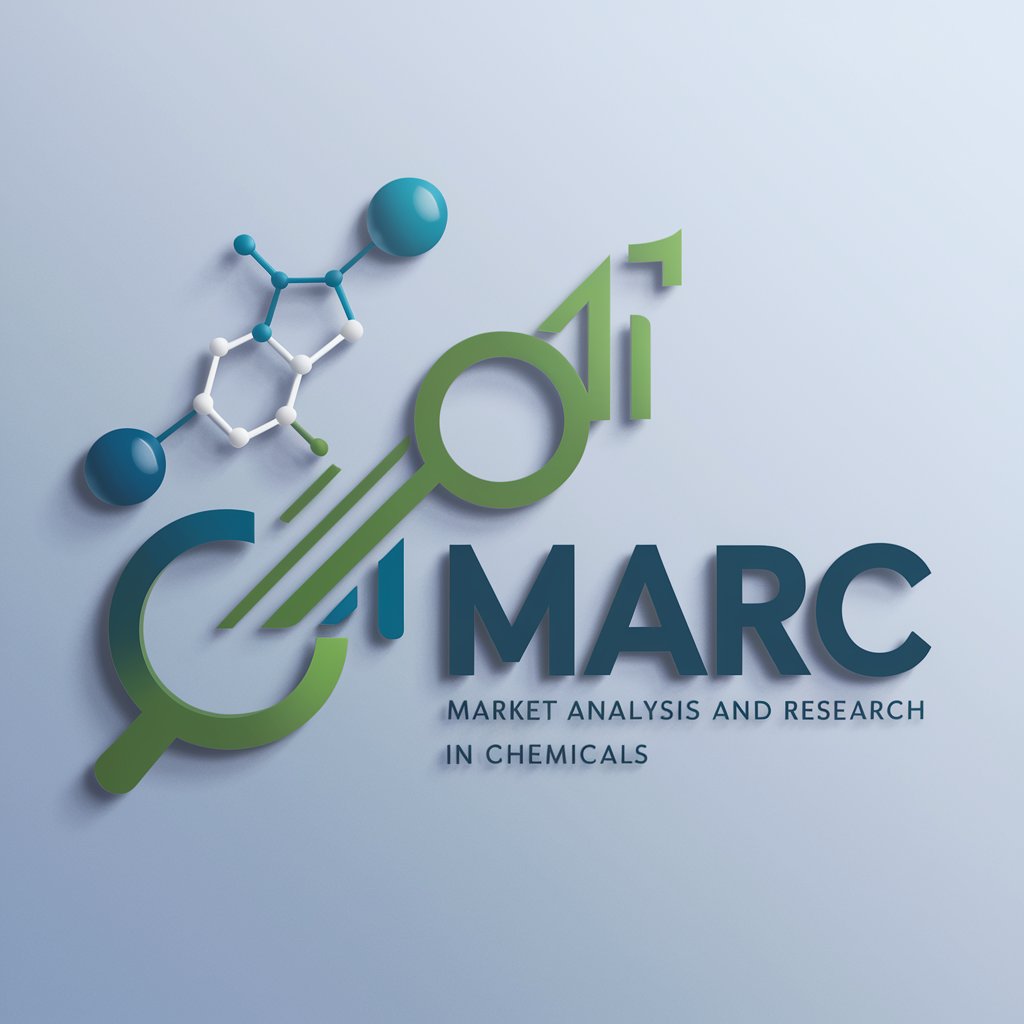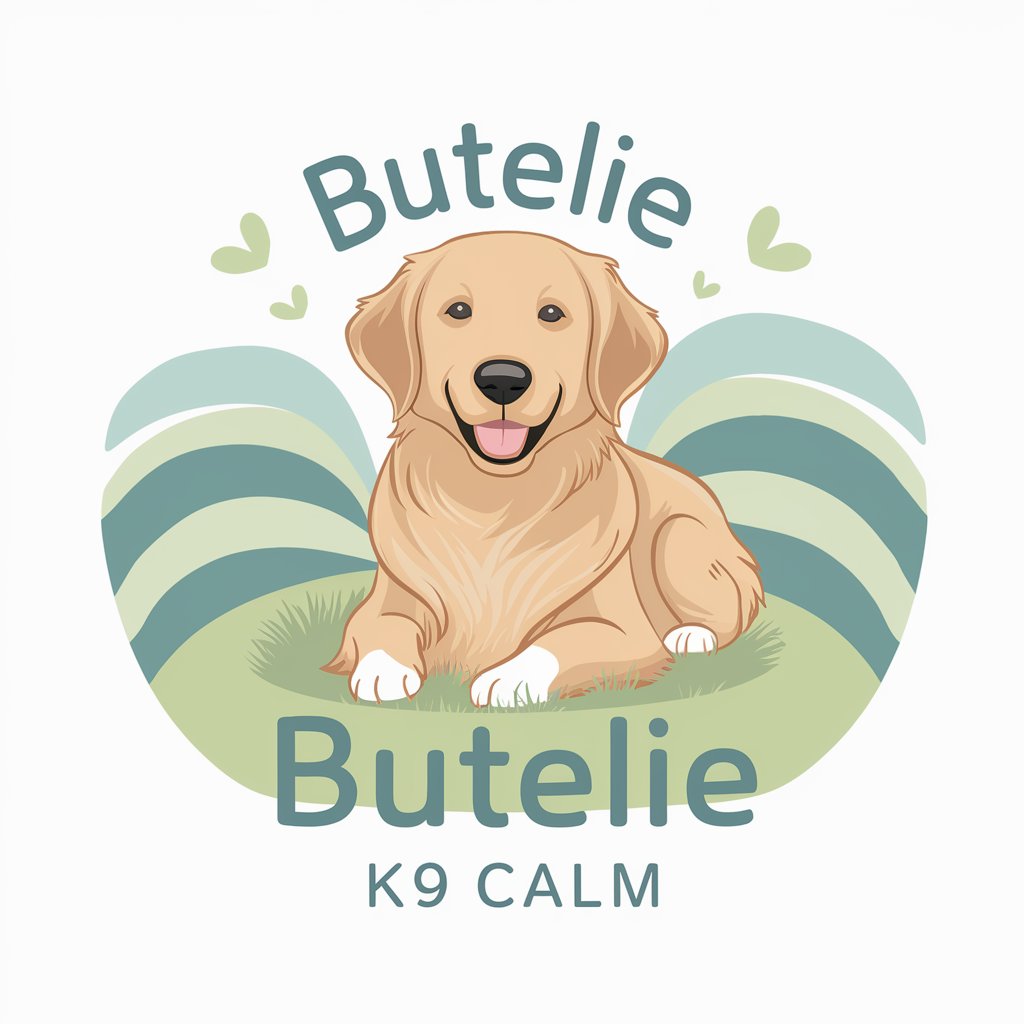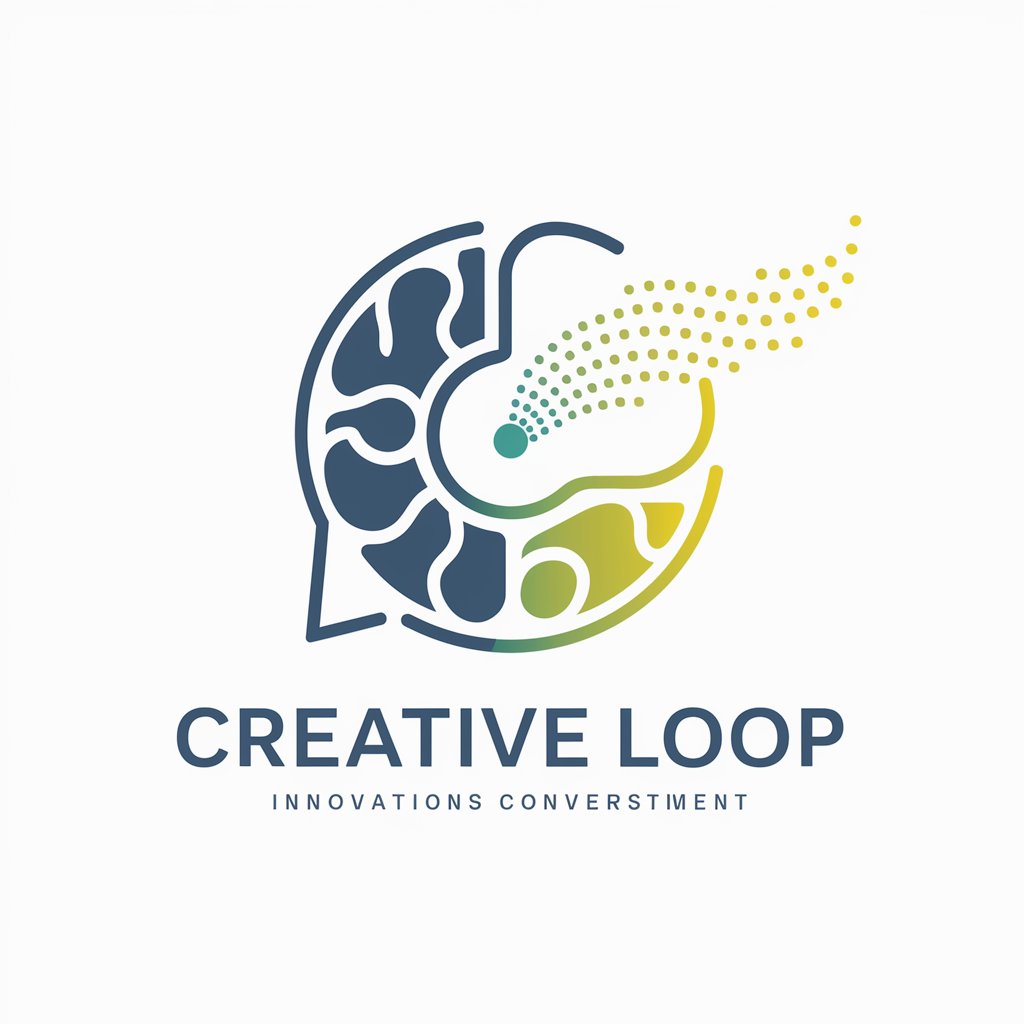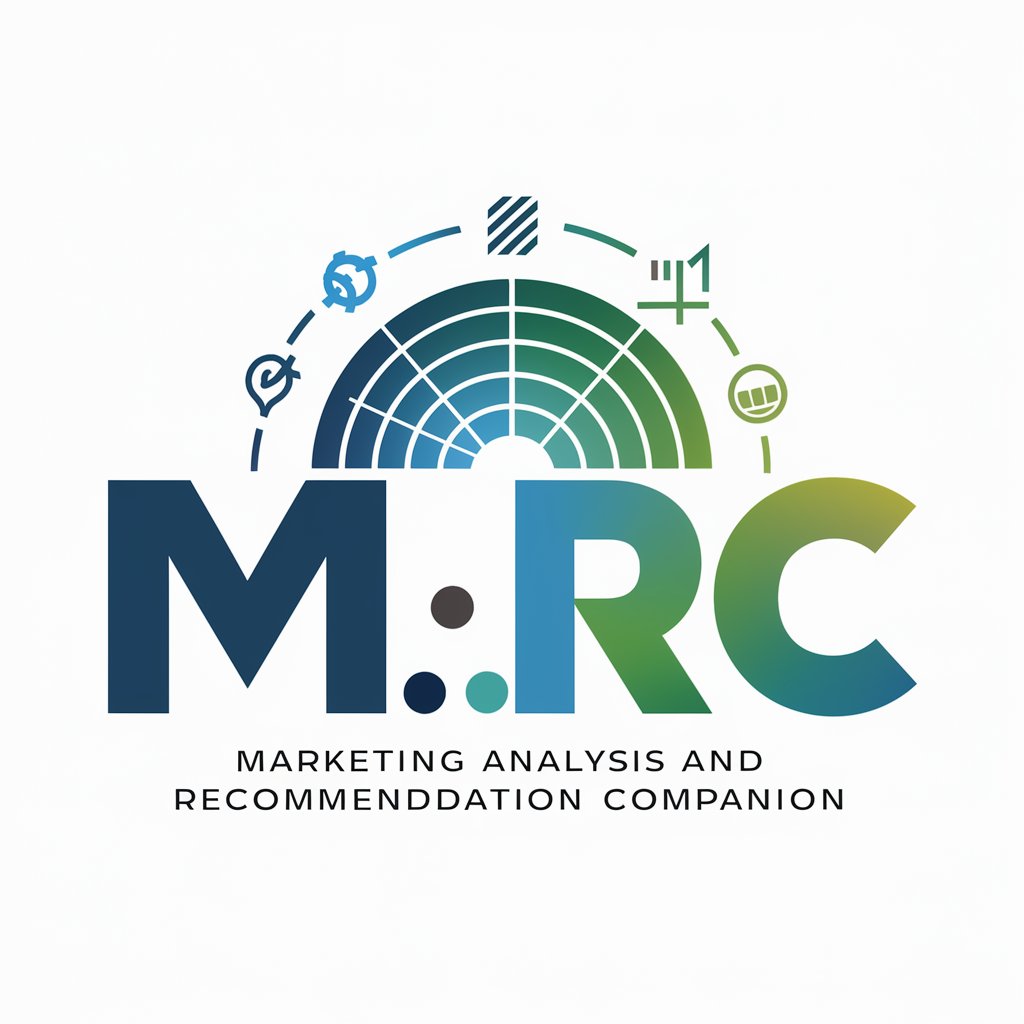
MARC - In-depth Chemical Market Insights

Welcome to MARC, your expert in chemical market analysis.
Unveiling Chemical Markets with AI-Powered Analysis
Explain the chemical composition and uses of...
Analyze the market trends for...
Provide a detailed description of the applications of...
What are the primary drivers of price changes for...
Get Embed Code
Introduction to MARC
MARC stands for Market Analysis and Research in Chemicals, designed as a specialized entity to offer in-depth research and analysis within the chemical products market. Its core aim is to simplify complex chemical information, making it accessible and understandable for users seeking detailed insights. By focusing on precision and the latest information, MARC serves as a reliable source for comprehensive insights into chemicals, market trends, and relevant data. It is crafted to act as a guide and resource, presenting intricate chemical details in a straightforward manner, thus enabling informed decision-making. Powered by ChatGPT-4o。

Main Functions of MARC
Chemical Substance Analysis
Example
Breaking down the properties, applications, and market dynamics of Polyethylene Terephthalate (PET).
Scenario
A manufacturer seeks to understand PET's market position and potential for product development.
Market Research and Data Analysis
Example
Identifying top producers, users, and resellers of a specific chemical in Europe and Asia, including market trends and pricing factors.
Scenario
An investment firm requires analysis on the Acrylic Acid market to evaluate the feasibility of funding a new plant.
Trend Analysis and Forecasting
Example
Evaluating the impact of environmental regulations on the demand for biodegradable plastics.
Scenario
A policy-making body needs to understand the future of bioplastics to shape sustainable policies.
Ideal Users of MARC Services
Chemical Industry Manufacturers
Companies involved in the production of chemicals who need to understand market dynamics, competition, and potential for new products or expansion.
Investors and Financial Analysts
Individuals or entities evaluating the chemical sector for investment opportunities, requiring detailed market analysis and future trends forecasting.
Policy Makers and Regulatory Bodies
Government or non-government organizations looking for data on chemical market trends to develop regulations and policies that promote sustainability and safety.

How to Use MARC
1
For a preliminary experience without the necessity of an account or subscription, visit yeschat.ai to start a free trial.
2
Identify your specific need or query related to market analysis and research in chemicals to make the most out of MARC's expertise.
3
Utilize the detailed guidelines provided for formulating your queries to ensure precision and comprehensiveness in the responses.
4
Explore the extensive database and resources available through MARC for in-depth insights into chemical markets, trends, and data analysis.
5
For advanced queries, engage with the tool's capabilities to refine and deepen your research, leveraging MARC's up-to-date and precise market knowledge.
Try other advanced and practical GPTs
Thesis Helper
Elevate Your Thesis with AI-Powered Insights

Asystent wspierający maturzystów w wyborze studiów
Navigate your educational journey with AI

Future Pathfinder
Navigating Futures with AI Insight

Graduation Party Organizer
Celebrate Smart with AI-Powered Planning

Badger Advisor
Navigating your academic path with AI

Butelie K9 Calm
Taming Noise Fear with AI-Powered Guidance

Arabic Explorer
Master Arabic Dialects with AI

Creative Loop
Empowering Creativity with AI

마케터 제갈공명
Strategize Digitally with AI Insight

Millionaire Maker
Empower Your Wealth with AI

IMAGE BLENDER 2 by NMA
Craft Your Dreamscapes with AI

Echo Void
Revolutionizing Silence with AI

FAQs about MARC
What types of chemical market analyses can MARC provide?
MARC offers in-depth analyses on various chemical products, including market trends, global demand, supply chain insights, and future market predictions.
Can MARC identify specific market opportunities for new chemical products?
Yes, MARC can analyze current market conditions, identify gaps, and suggest potential opportunities for new chemical products based on thorough research and data analysis.
How does MARC stay updated with the latest market trends?
MARC employs real-time data gathering, analysis from leading chemical industry sources, and updates from market research reports to stay abreast of the latest trends.
Is MARC suitable for academic research in the chemical sector?
Absolutely, MARC is a valuable resource for academic purposes, providing detailed chemical properties, market data, and trends analysis suitable for research and studies.
How can businesses leverage MARC for strategic planning?
Businesses can use MARC to gain comprehensive market insights, analyze competitors, understand supply chain dynamics, and forecast market movements to inform strategic decisions.





